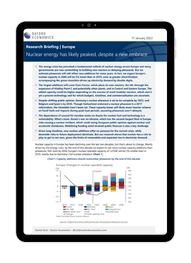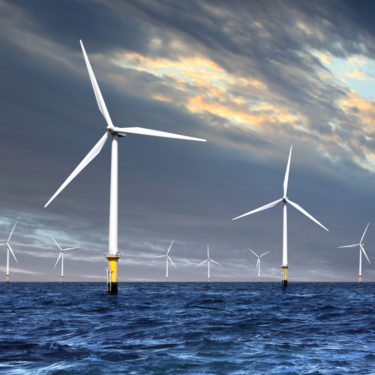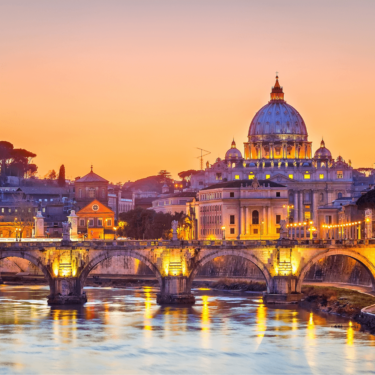Europe: Nuclear energy has likely peaked, despite a new embrace

The energy crisis has provoked a fundamental rethink of nuclear energy across Europe and many governments are now committing to building new reactors or delaying phaseouts. But we estimate phaseouts will still offset new additions for some years.
What you will learn:
- The largest additions will come from France, which plans six new reactors, the UK, through the expansion of Hinkley Point C and potentially other plants, and in Central and Eastern Europe.
- Despite shifting public opinion, Germany’s nuclear phaseout is set to be complete by 2023, and Belgium and Spain’s by 2035. Though Switzerland endorsed a nuclear phaseout in a 2017 referendum, the timetable hasn’t been set.
- The dependence of several EU member states on Russia for nuclear fuel and technology is a vulnerability.
- Given long timelines, new nuclear additions offer no panacea for the current crisis, while downside risks to future deployment dominate.
Tags:
Related Services

Service
Country Climate Analysis
Assess the impact climate change will have on all facets of your business. Now and in the future.
Find Out More
Service
Global Risk Service
A suite of data-driven and forward-looking tools that provide an objective and transparent measure of risk.
Find Out More
Service
European Macro Service
A complete service to help executives track, analyse and react to macro events and future trends for the European region.
Find Out More
Service
Global Sustainability Model
Accurately measure your organisation's global footprint through economic, environmental and social lenses, identify risks and develop strategies to become more sustainable.
Find Out More
Service
Economic and Political Risk Evaluator
A framework for assessing economic and geopolitical risks.
Find Out More